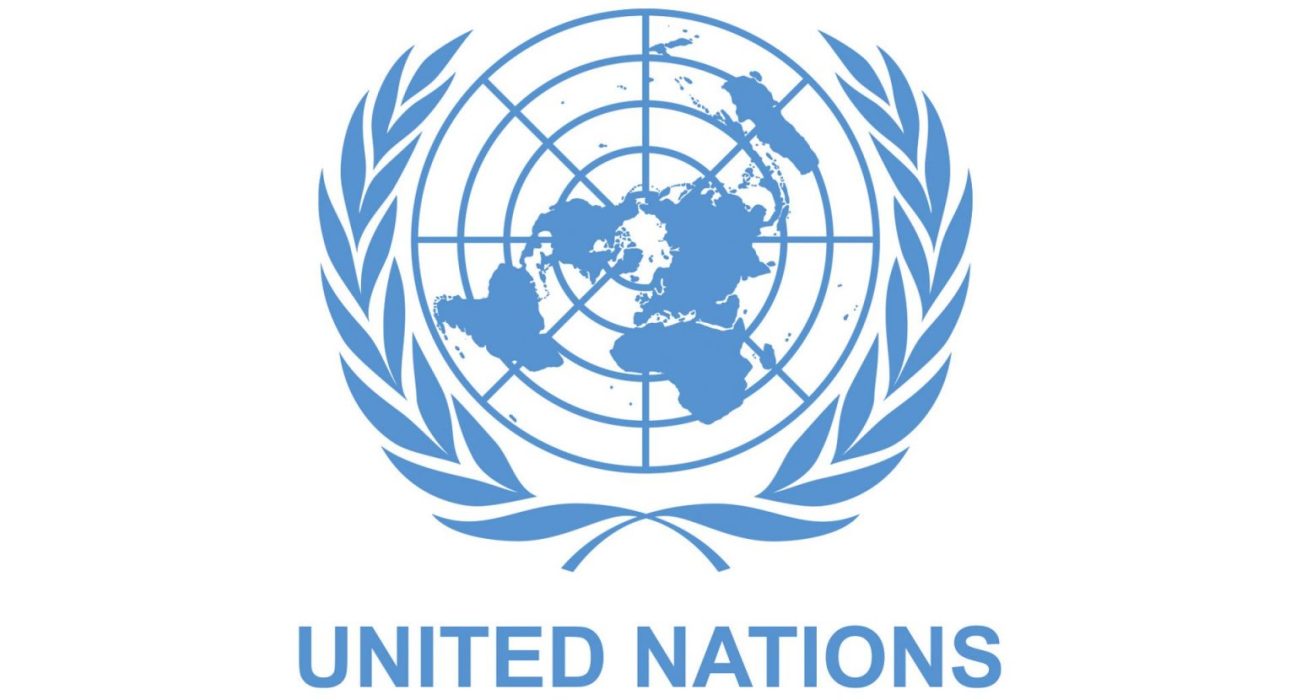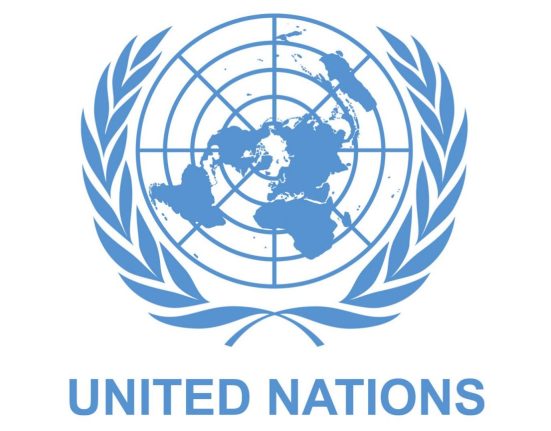SEVILLE, SPAIN – A major United Nations gathering on global development financing commenced on Monday in the historic Spanish city of Seville, as world leaders and stakeholders from across the globe confront a growing crisis in international aid, worsened by drastic funding cuts led by the United States.
The conference, tagged the Fourth International Conference on Financing for Development, runs from June 30 to July 3 and is considered the most significant high-level engagement on development financing in over a decade. The summit aims to secure renewed political and financial commitments towards achieving the 2030 Sustainable Development Goals (SDGs), particularly in the face of escalating poverty, debt burdens, and climate shocks.
More than 4,000 delegates, including over 50 world leaders, are in attendance. Key figures such as UN Secretary-General António Guterres, French President Emmanuel Macron, European Commission President Ursula von der Leyen, and Kenyan President William Ruto were present at the opening. Others include Senegal’s President Bassirou Diomaye Faye, President Daniel Noboa of Ecuador, Angola’s Joao Lourenço, and Sudanese military chief Abdel Fattah al-Burhan.
However, in a move that has cast a shadow over the proceedings, the United States opted not to participate, further deepening concerns about waning international cooperation. Analysts view Washington’s absence as a reflection of its retreat from traditional leadership in global development. Cuts to the United States Agency for International Development (USAID), which began under former President Donald Trump, have reportedly crippled numerous aid programmes, with ripple effects seen across Africa, Asia, and Latin America.
Other donor nations including Germany, France, and the United Kingdom have also slashed their development budgets in favour of rising defence expenditures. The global charity Oxfam warns that current aid reductions amount to the most severe setbacks since 1960. According to the United Nations, the world is now facing a staggering $4 trillion annual shortfall in development finance needed to meet the SDGs.
More than 800 million people worldwide survive on less than $3 per day, with extreme poverty deepening especially in sub-Saharan Africa. The situation is compounded by conflicts in the Middle East and Ukraine, supply chain disruptions triggered by global trade tensions, and climate disasters. A searing heatwave sweeping across southern Europe welcomed participants to the summit, a reminder of the increasingly hostile environmental conditions driven by global warming.
The conference will focus on pressing issues including overhauling the global financial system to allow developing countries more fiscal space. UN data shows that the total external debt of the world’s least developed nations has tripled over the last 15 years, significantly hampering their ability to invest in essential sectors like education, healthcare, and infrastructure.
Critics have called for sweeping reforms at institutions such as the International Monetary Fund (IMF) and the World Bank, both of which are headquartered in Washington and have faced allegations of favouring Western interests over the priorities of the Global South.
Although lengthy negotiations held earlier in June in New York nearly collapsed, they eventually produced a draft resolution, now referred to as the “Seville Commitment.” The document was adopted only after the United States delegation walked out of talks. It outlines non-binding pledges by attending nations to reaffirm support for the UN’s development agenda, including poverty eradication, gender equality, progressive tax reforms, and financial system restructuring.
The Seville Commitment also calls on multilateral development banks to triple their lending capacity and for lenders to provide predictable financing for critical social services. It emphasizes the need for coordinated international action to tackle tax evasion and ensure that financial flows reach the communities that need them most.
Despite these efforts, civil society organisations say the commitments fall short of what is needed to close the widening inequality gap. Speaking on the sidelines of the conference, Oxfam International’s Executive Director, Amitabh Behar, expressed deep frustration with the current state of global development, accusing the international system of prioritising elite interests.
“Global development is in crisis because the needs of the many continue to be sidelined in favour of a powerful few,” Behar said.
On Sunday, ahead of the formal opening, hundreds of protesters defied Spain’s intense summer heat to march through Seville’s streets, demanding the abolition of what they described as “illegitimate debts” imposed on developing countries. Many argued that existing international debt frameworks trap poorer nations in a cycle of dependency and underdevelopment.
One demonstrator, 28-year-old Ilan Henzler, told AFP: “Countries in the Global South cannot chart their own development path while shackled by this modern form of colonial debt. We are here to demand its cancellation.”
The conference comes at a critical juncture for the United Nations and the global community. With just five years left to meet the 2030 SDG deadline, observers say the decisions, or lack thereof, made in Seville could determine the future of international development cooperation and the fate of billions living on the margins.

